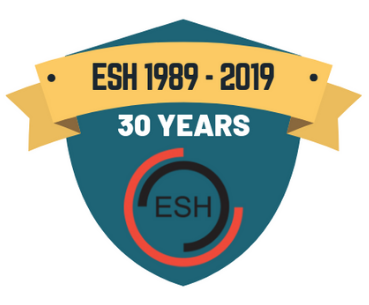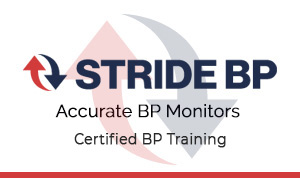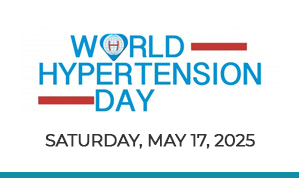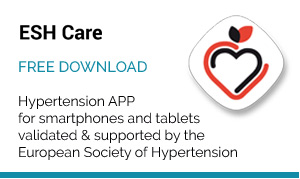The capacity of improved sleep duration and quality to reduce blood pressure was explored in the SLEPT (Sleep to Lower Elevated Blood Pressure) trial by A. Power, MD, HRB-Clinical Research Facility Galway, National University of Ireland, Galway, Ireland. Such blood pressure reductions could have an impact at a public health level, because hypertension is a modifiable risk factor for cardiovascular (CV) disease. An association between sleep impairment and the risk of hypertension, through an increase in sympathetic activity, has been reported. Both hypertension and sleep impairment are highly prevalent, and one in three adults are reported to sleep less than the recommended 7-9 hours a night.
The investigator-blinded SLEPT study compared an Internet-based sleep intervention against standard CV risk factor education provided to all participants in community-dwelling adults who were randomized by a central computer system. The participants were recruited by the cardiovascular prevention center in the West of Ireland between 2013 and 2014. An email invitation with a unique access code was sent to participants randomized to the sleep intervention. The CV risk factor education was a 30-minute session given to a small group by a specialist trained nurse before randomization.
The sleep intervention, called Sleepio, consisted of online sleep-hygiene education and a standardized cognitive behavioral therapy (CBT) delivered in weekly sessions over 6-8 weeks by an animated virtual therapist. Features of the program include 24/7 access, including an online daily sleep diary and automated reminders, dynamic feedback, progress review, and support such as praise and reinforcement and online collection of education topics. Sleepio has been shown to improve measures of sleep quality, such as sleep efficiency, sleep onset latency, and wakefulness after sleep onset, in patients with primary insomnia.
A total of 67 patients were randomized to each group, and 54 patients in the sleep intervention and 67 in the control groups were included in the analysis. Data on the primary outcome was missing for 7 patients lost to follow-up. The baseline characteristics are detailed in Table 1. Their mean age was 59 years, 61% were women, and their mean daytime systolic blood pressure (SBP) was 143.0 mmHg in the intervention group and 141.1 mmHg in the control group. One-third were taking an antihypertensive medication at baseline.
The participants had self-reported sleep difficulty, defined as taking >30 minutes to go to sleep or waking up >1 time nightly for ≥3 months. The baseline sleep scores showed that 78% of participants met the criteria for insomnia, with a score ≤5.9 on the sleep condition indicator (SCI), and 83% had more sleep quality, with a score >5 on the Pittsburgh sleep quality index (PSQI).
At 8 weeks, an improvement in all measures of sleep quality and psychosocial health were observed in both groups (Table 2). These improvements were greater in the sleep intervention group, significantly greater mean improvement in measures of sleep quality, including PSQI and the insomnia severity index, and psychosocial health, including the Beck depression inventory and Beck’s anxiety inventory. Sleep quality improvement was greatest in those who participated in ≥3 online sessions.
The primary endpoint of mean change in ambulatory SBP from baseline to 8 weeks was not different between the two groups, with only a 0.1 mmHg difference (Table 3). All other blood pressure measures were similar at 8 weeks. No difference was found for any subgroup, and no interaction was found for age, sex, or baseline SBP. Adherence to the sleep intervention also did not affect blood pressure outcomes.
The investigators conclude that this proof-of-concept trial demonstrated the ability of a simple, low-cost, Internet-based sleep intervention to improve sleep quality. Further, it also provided novel and significant improvements in measures of psychosocial health. However, no benefit was achieved in the short-term for blood pressure control in this population with mild hypertension. Yet, whether the sleep intervention would have a beneficial impact in those with a higher baseline pressure or after a longer period of time cannot be excluded.





